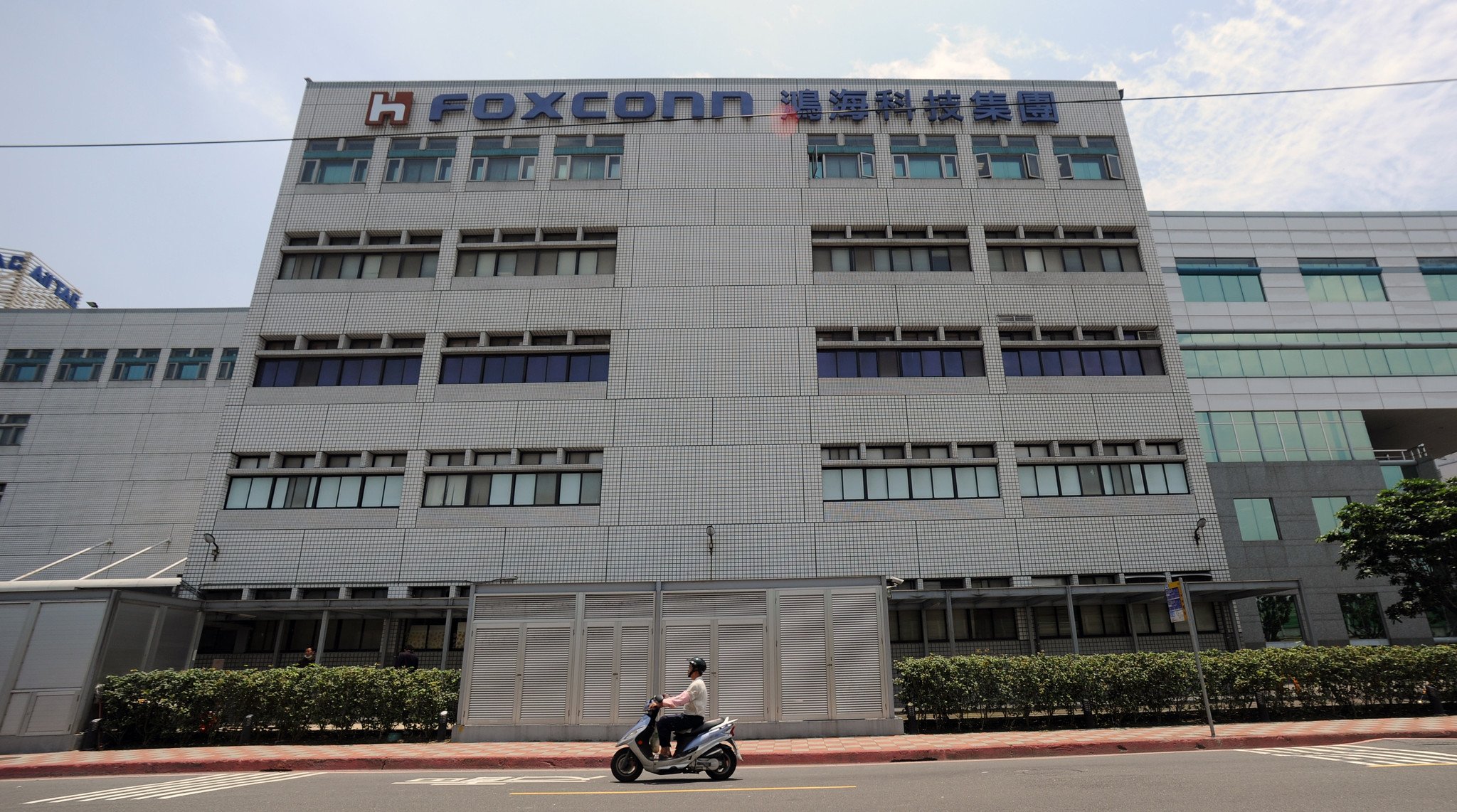Apple details worker education improvements and more in latest Supplier Responsibility Report

iMore offers spot-on advice and guidance from our team of experts, with decades of Apple device experience to lean on. Learn more with iMore!
You are now subscribed
Your newsletter sign-up was successful
Apple has released its 2018 Supplier Responsibility Report, detailing the efforts of the companies that supply Apple with components and materials to behave as responsible corporate citizens. The report covers areas such as workers rights and education and the environmental impact of each supplier in the last year.
We begin with the supplier workforce. In 2017, Apple and suppliers trained more than 3 million workers on their rights and local labor laws throughout the world. The company has also returned more than $1.9 million in excessive recruitment fees to 1,558 people who have been impacted by bonded labor. Apple has also launched a new health programming initiative that aims to train workers in preventative care and women's healthcare, with the goal of training a million women by 2020.
In 2017, efforts to empower women through health education began at several of our supplier facilities in China and India. Our goal is to enable women in factories to take charge of their personal health and well-being by becoming well-informed of risks specific to women. The program also encourages them to take a leadership role by sharing their new health awareness with their colleagues, friends, and community.
In response to issues faced by suppliers, Apple also launched a new Factory Line Leader Program. The program offers vocational training students the skills necessary to become a line leader in supplier factories, which Apple found were sorely needed at the peak of the 2017 production season.
Over the last year, Apple has conducted 756 assessments of conditions at supplier facilities in 30 countries, with 26% of them being first-time assessments. The number of suppliers performing well in these assessments jumped by 35%, while low performers fell by 71%.
On the environmental impact, Apple's latest report reveals that the company has diverted 625,000 metric tons of waste from landfills since 2015, with all final assembly facilities for the iPhone now diverting 100% of their waste from landfills. This is thanks to a number of new processes in place at iPhone assembly facilities, such as the new PET liner process that recycles old liners into trays that hold iPhone units during assembly.
Apple suppliers have also made strides in carbon emissions and water savings. Suppliers reduced their carbon emissions by an annualized 320,000 metric tons. Apple suppliers also conserved 5.1 billion gallons of water in 2017.
These are just some of the highlights of Apple's supplier report. You can read the whole report to get a better idea of how Apple is handling supplier responsibility.
iMore offers spot-on advice and guidance from our team of experts, with decades of Apple device experience to lean on. Learn more with iMore!
Joseph Keller is the former Editor in Chief of iMore. An Apple user for almost 20 years, he spends his time learning the ins and outs of iOS and macOS, always finding ways of getting the most out of his iPhone, iPad, Apple Watch, and Mac.

